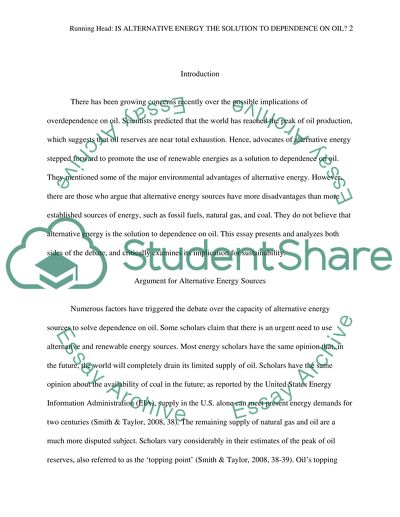Cite this document
(“Alternative Energy Essay Example | Topics and Well Written Essays - 2250 words”, n.d.)
Retrieved from https://studentshare.org/environmental-studies/1471521-alternative-energy
Retrieved from https://studentshare.org/environmental-studies/1471521-alternative-energy
(Alternative Energy Essay Example | Topics and Well Written Essays - 2250 Words)
https://studentshare.org/environmental-studies/1471521-alternative-energy.
https://studentshare.org/environmental-studies/1471521-alternative-energy.
“Alternative Energy Essay Example | Topics and Well Written Essays - 2250 Words”, n.d. https://studentshare.org/environmental-studies/1471521-alternative-energy.


